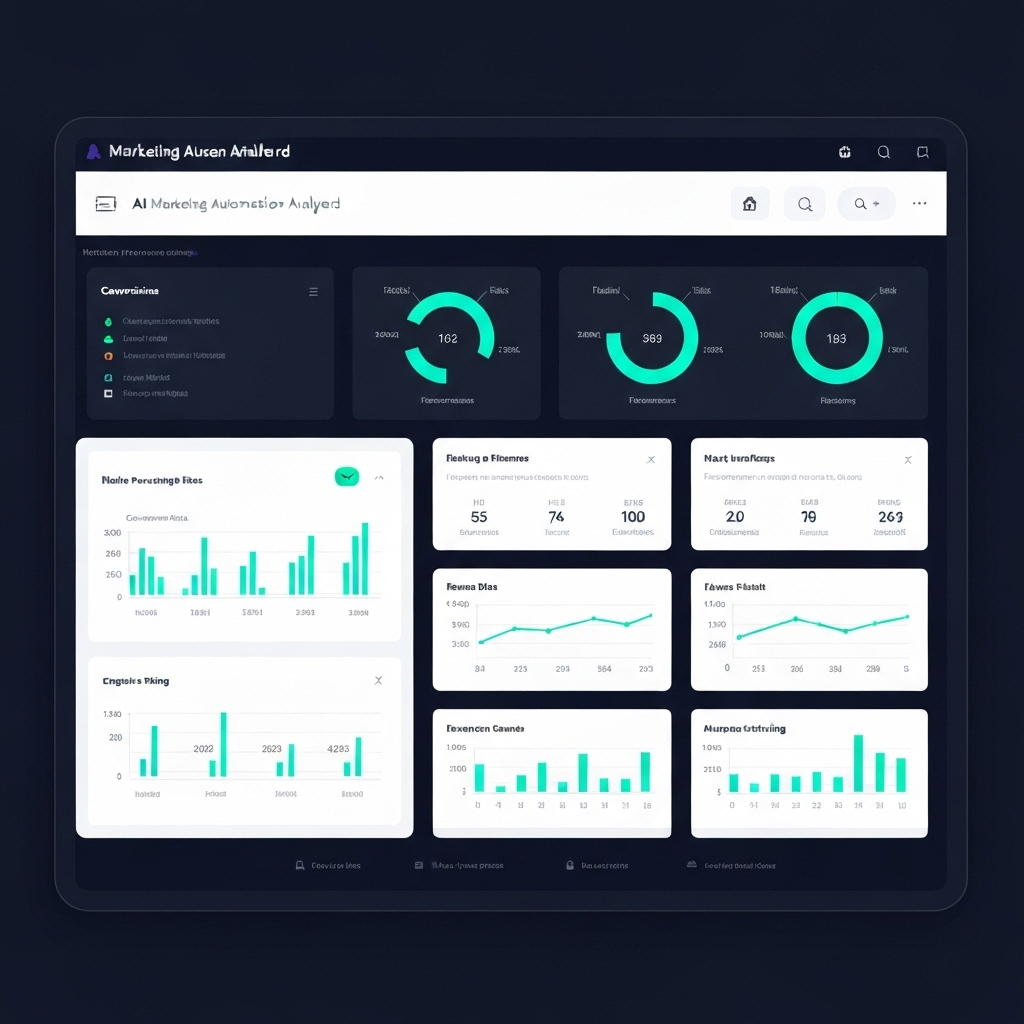The Future of AI in Marketing Automation
Artificial Intelligence is transforming how service businesses approach marketing automation. In this comprehensive guide, we'll explore the key trends and strategies that are reshaping the industry.
The AI Revolution in Marketing
The integration of AI into marketing automation tools has created unprecedented opportunities for service businesses to:
- Personalize customer experiences at scale
- Optimize lead generation through intelligent targeting
- Automate complex workflows that previously required manual intervention
- Predict customer behavior with remarkable accuracy
Key Technologies Driving Change
1. Machine Learning Algorithms
Modern AI systems can analyze vast amounts of customer data to identify patterns and predict future behaviors. This enables businesses to:
- Segment audiences more effectively
- Optimize content delivery timing
- Predict customer churn before it happens
- Automatically adjust marketing strategies
2. Natural Language Processing
NLP capabilities allow AI systems to:
- Generate personalized content
- Understand customer intent from conversations
- Provide intelligent customer support
- Create more engaging marketing copy
3. Predictive Analytics
AI-powered analytics can forecast:
- Customer lifetime value
- Optimal pricing strategies
- Best times to contact prospects
- Content performance before publication
Real-World Applications
Customer Journey Automation
AI can now map and optimize entire customer journeys, automatically:
- Identifying the best touchpoints for each customer
- Adjusting messaging based on real-time behavior
- Optimizing conversion paths
- Personalizing experiences across all channels
Lead Scoring and Qualification
Traditional lead scoring methods are being replaced by AI systems that:
- Analyze hundreds of data points simultaneously
- Learn from conversion patterns
- Automatically adjust scoring criteria
- Provide real-time qualification updates
Implementation Strategies
Phase 1: Foundation
- Audit your current data - Ensure you have clean, accessible customer data
- Choose the right tools - Select AI platforms that integrate with your existing stack
- Start small - Begin with one or two AI-powered features
Phase 2: Expansion
- Scale successful implementations - Expand AI features that show positive ROI
- Integrate systems - Connect AI tools across your marketing stack
- Train your team - Ensure staff can effectively use AI-powered tools
Phase 3: Optimization
- Continuous learning - Regularly update AI models with new data
- Performance monitoring - Track AI system effectiveness
- Iterative improvement - Refine strategies based on results
Measuring Success
Key metrics to track when implementing AI marketing automation:
- Conversion rate improvements
- Customer acquisition cost reduction
- Customer lifetime value increase
- Marketing efficiency gains
- ROI on AI investments
Looking Ahead
The future of AI in marketing automation is incredibly promising. We're moving toward:
- Hyper-personalization at scale
- Predictive marketing that anticipates customer needs
- Autonomous optimization of marketing campaigns
- Seamless omnichannel experiences
Conclusion
AI-powered marketing automation isn't just a trend—it's the future of how service businesses will engage with customers. The companies that embrace these technologies now will have a significant competitive advantage in the years to come.
The key is to start implementing AI solutions strategically, measure results carefully, and continuously optimize based on performance data. With the right approach, AI can transform your marketing automation from a simple tool into a powerful competitive advantage.
Ready to get started with AI-powered marketing automation? Schedule a demo to see how our platform can transform your business.
